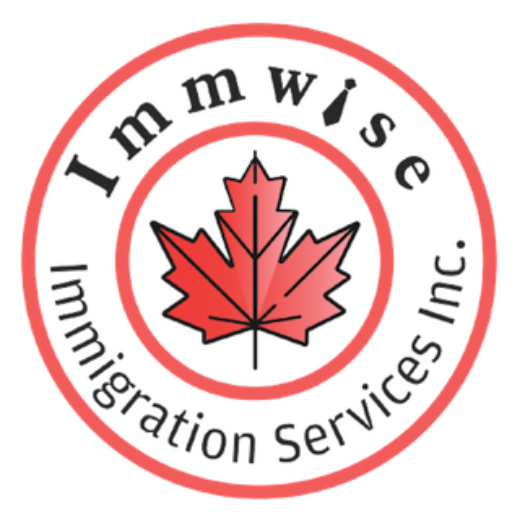- info@immwise.ca
- 311 Marlborough Street, Brantford, Ontario N3S4T8
Citizenship

Canadians are proud of their citizenship and the status, rights, and freedoms that it provides
Immigration, Refugees and Citizenship Canada (IRCC) is the federal department that manages Canadian citizenship, both for those applying for citizenship and for current Canadian citizens.
Since 2010, Canada has welcomed an average of more than 260,000 permanent residents each year. Many of these newcomers are in the process of becoming Canadian citizens, and many more will apply for Canadian citizenship in the future. When that process is complete, they take loyalty oaths pledging their commitment to the responsibilities and privileges of Canadian citizenship.
- Applicants must be able to speak either one or both of Canada’s two official languages (English or French) well enough to communicate in Canadian society
- Individuals between the ages of 18 and 54 must submit proof of language proficiency.
- Applicants cannot have a criminal history considered prohibitive to granting Canadian citizenship (as decided by Immigration, Refugees and Citizenship Canada, or IRCC).
- Applicants must be aware the rights and responsibilities of citizens and have a basic knowledge of Canada’s geography, political system, and history.
- Applicants must submit a formal application to IRCC and pay a government processing fee and a right of citizenship fee.
Eligible candidates can apply for Canadian citizenship. Once approved, they will be required to take a citizenship test (for applicants between 18 and 54 only. Successful applicants must then attend a citizenship ceremony where they receive a certificate of Canadian citizenship and officially become new Canadian citizens.
Language Requirements
In order to prove language proficiency, applicants must submit one of the following documents
- Results from an approved third party test; or
- Transcripts or a diploma from a secondary or post-secondary education in English or French; or
- Evidence of achieving Canadian Level Benchmark (CLB) 4 or higher in certain government language programs.
Ineligibility
Canadian citizenship will not be granted to applicants who:
- Do not pass their citizenship test and/or interview; or
- Cannot speak either English or French;
- Do not meet the minimum required residency days in Canada
- Cannot provide the required proof of residency documentation.
There are also multiple legal and criminality issues that may make you ineligible for Canadian citizenship.
- You have had your citizenship taken away within the past five years;
- You have been convicted of a criminal offence in the past three years;
- You are in prison, on parole or on probation;
- You are under removal order from Canada;
- You are under investigation for, or have been convicted of a war crime or a crime against humanity.
